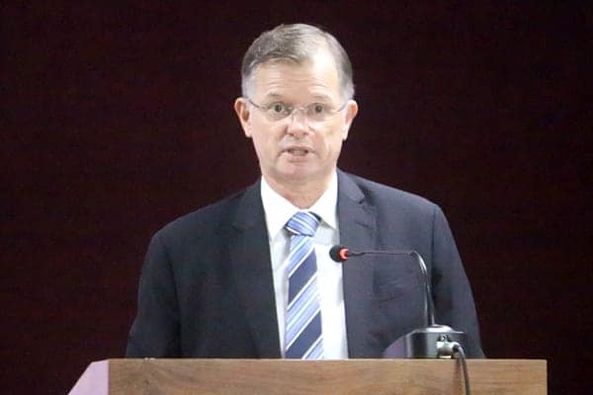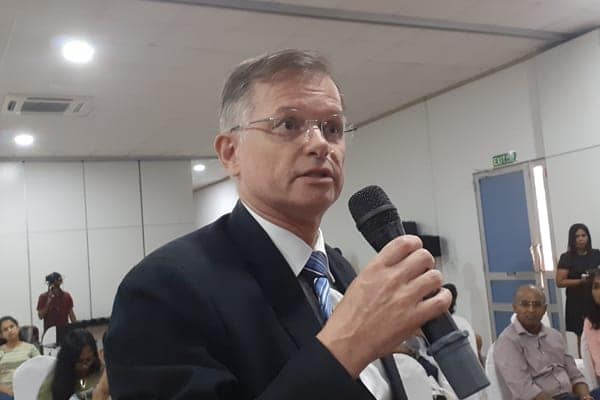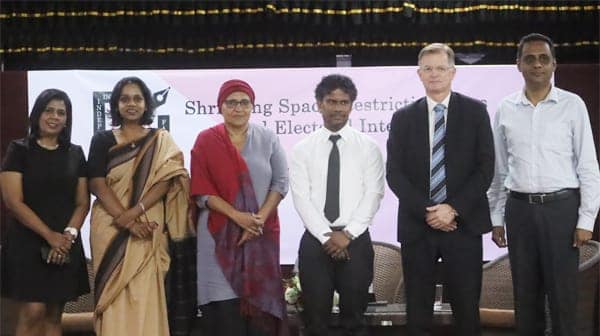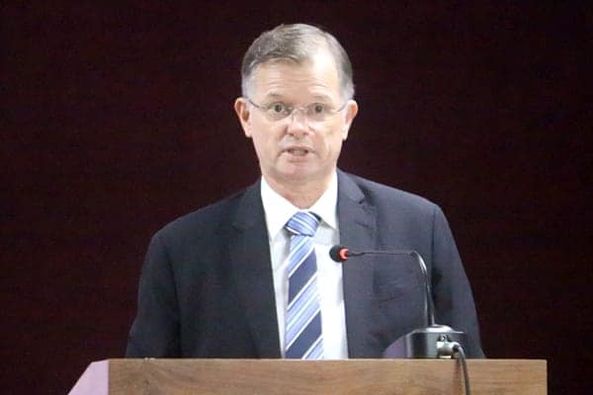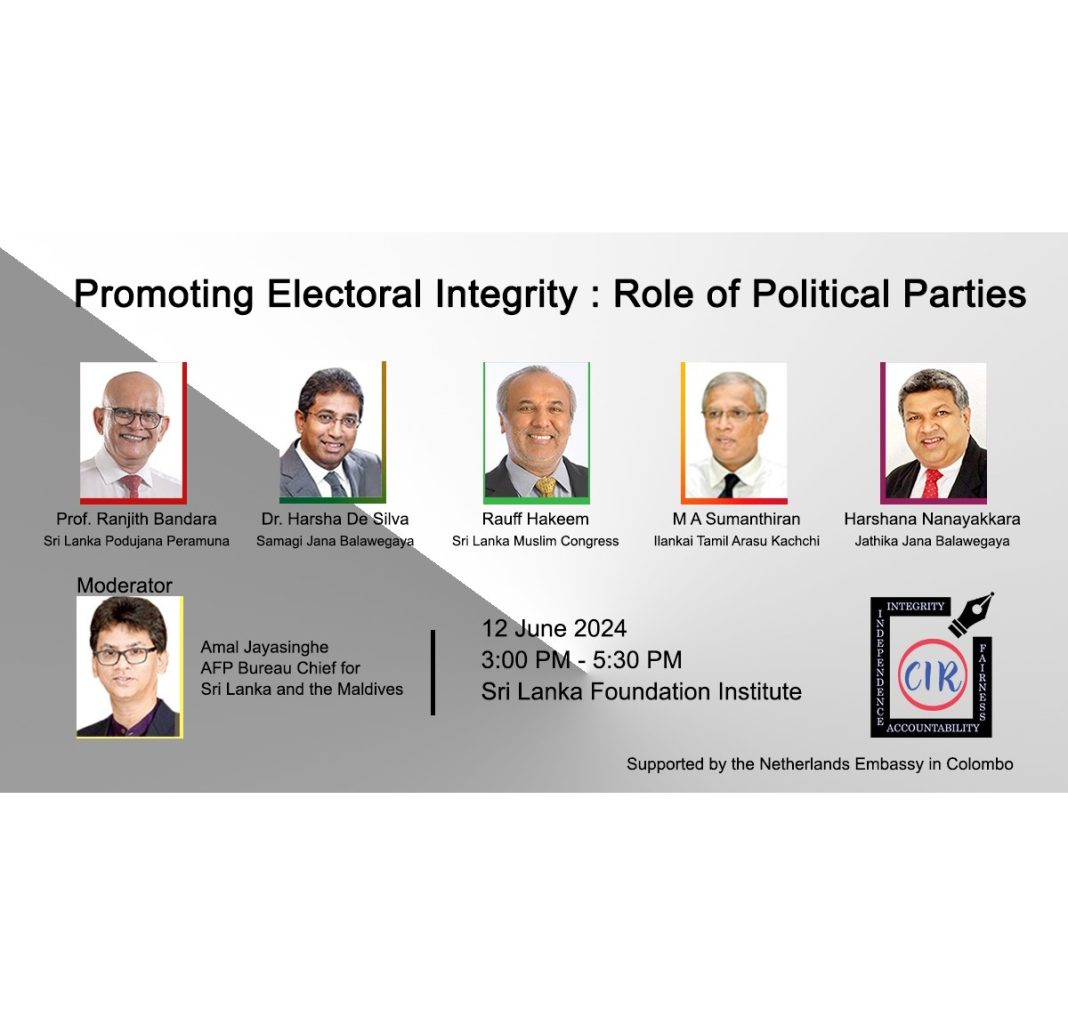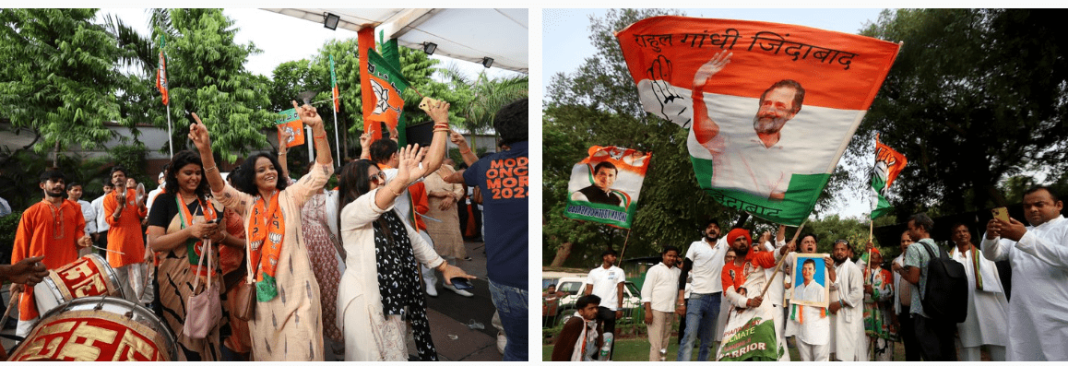Both Sri Lanka’s civil society and the international community have raised concerns about recently adopted legislation and proposed laws that could contravene people’s freedom of expression and shrink civil space. A discussion on shrinking civic space and repressive laws in the context of electoral integrity is therefore especially significant said Iwan Rutjens, Deputy Head of Mission at the Embassy of the Kingdom of the Netherlands delivering special remarks at a recent panel discussion titled “Shrinking space, repressive laws and electoral integrity”.
He said: “The discussion is also relevant because Sri Lanka is heading for a national election later this year and the first opportunity that the nation must express its opinion at an election after the unprecedented public uprising, Aragalaya, two years ago.
Aragalaya has become a part of Sri Lanka’s history as the people expressed their opinion clearly. Usually in democracies, change of government happens through elections. But when the socio-economic situation changes so drastically, particularly after the prolonged COVID 19 pandemic, and when an economy hits rock bottom and creates huge stress in public life, it is understandable that people demand relief and solutions”.
Things eventually snowballed within a few months, resulting in the change of political leadership in Sri Lanka, and the rest is history. From the fundamental right’s perspective, it was an apex moment in freedom of expression, association, and dissent, he added.
One of the major concerns of Sri Lankans is that their elected representatives have not delivered what the public had expected for several decades under different governments. The trust gap between the successive governments and their electorate is widening and is hard to bridge. When a country does not have a strong institutional framework and solid governance system, this trust gap contributes to making governments more unstable and fragile. This has a negative ripple effect on society and economy as well. Elections can serve as a reset button to temporarily get rid of this situation and raise hopes of entering a new social contract.
“Elections always bring new social contracts and give a fresh start to resolve an unimaginable number of current issues and residual issues for the elected public representatives to deal with and produce results. It is a sign of our times that everyone expects quick fixes and immediate results. Due to the exponential expansion of social media, governments across the world have to respond quicker than they used to, to any major or smaller issues. Receiving a letter from the government by mail within a month was considered a quick response not too long ago. A reply by e-mail after one week nowadays is considered slow,” the diplomat said.
He said, admittedly, this has limited the authorities’ ability to do thorough analysis and to weigh options because expectations are high, and the public wants instant solutions. This is becoming more challenging for developing nations rather than developed countries, which have more solid governance structures, resources at their disposal and much higher government capacity. But it is not an easy task.
On the other hand, public expectations are reasonable, and they expect effective solutions and reassurance for their present and future. This reassurance is required to ensure the rights they enjoy remain intact, so they can be hopeful of their future, he noted.
“The social contract I earlier mentioned may become more fragile and unstable. Inevitably there will be more people in dire straits. These conditions automatically make authorities resort to more tough options endangering democratic values and civil space. It is all the more important now for Sri Lanka to defend civic space and to protect freedom of expression in the island to ensure electoral integrity is safeguarded in the context of national elections,” he added.
Organized by the Center for Investigative Reporting (CIR), the discussion was the third in a series of dialogues focused on electoral integrity.
